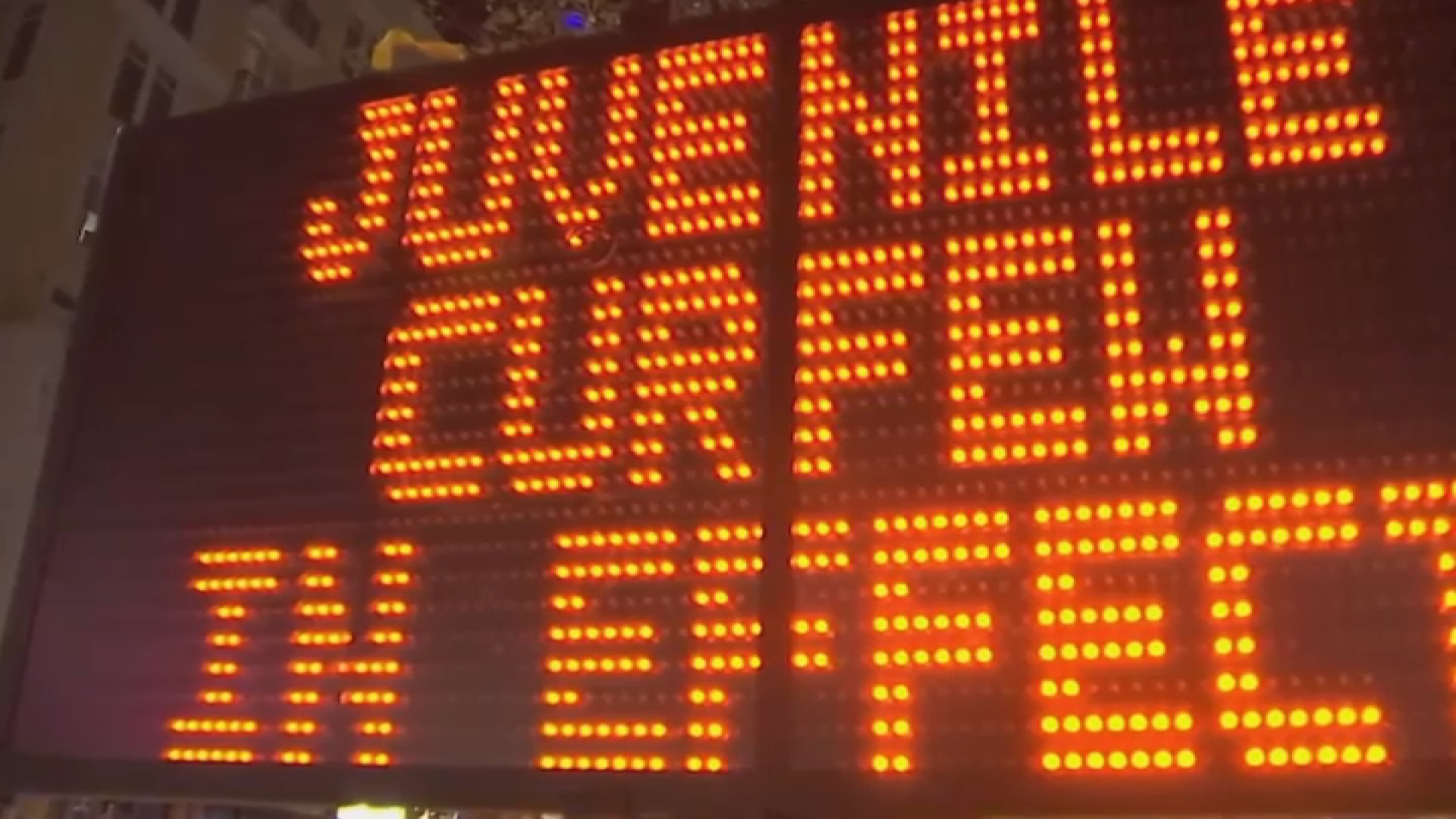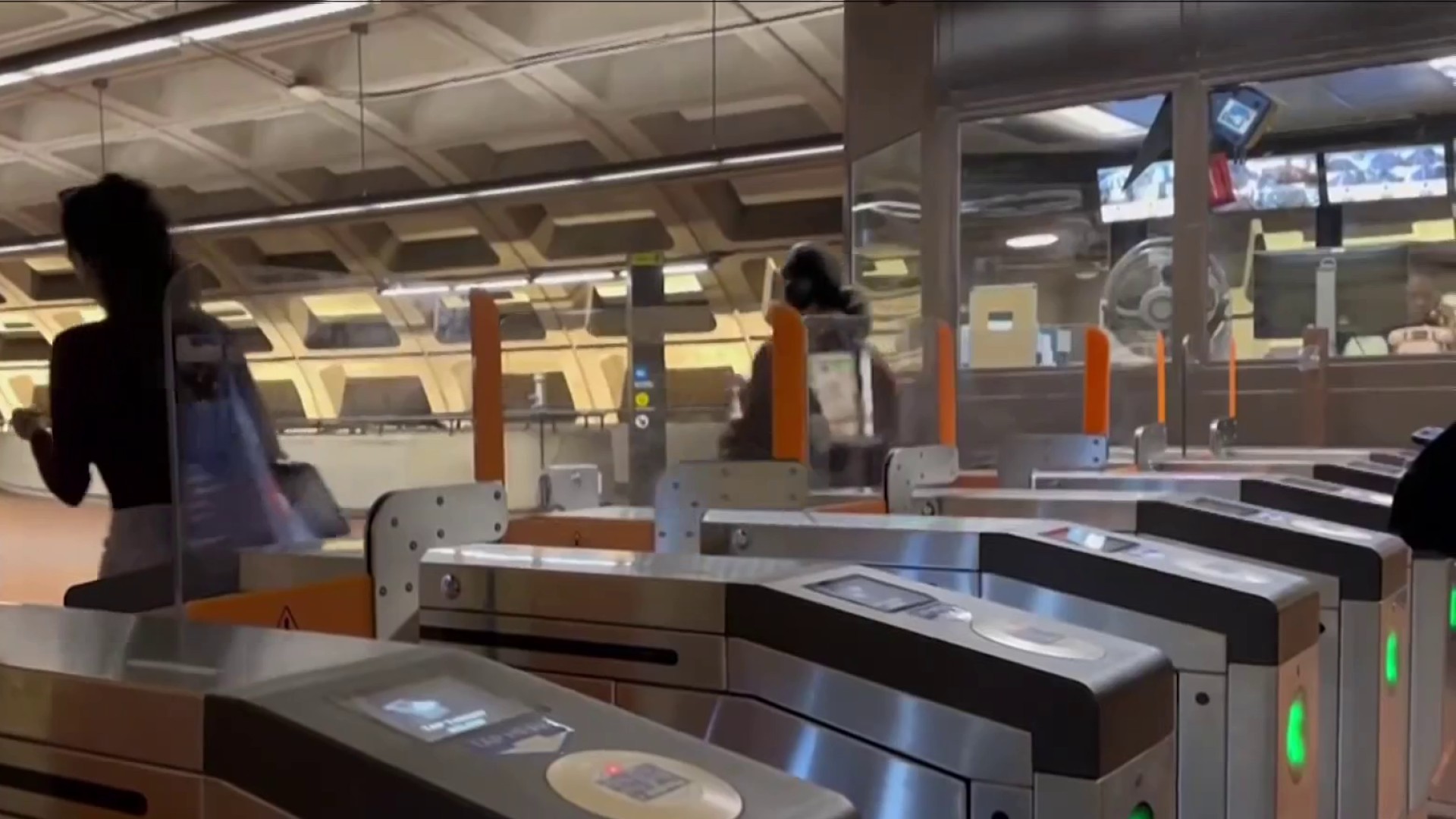There was a fierce exchange this past week about the state of our city's policing, judicial court system and politics. And we have not heard the last of it.
To recap: Departing Metropolitan Police Department Chief Cathy Lanier opened the door in an exit interview in which she declared the city's justice system "beyond broken. ...You can't police the city if the rest of the justice system is not accountable."
Some are mystified why Lanier would take such a disruptive shot as she walks out the door. Others say Lanier simply felt free to say what she was thinking.
Mayor Muriel Bowser had backed up the chief, repeating her complaint from a year ago that repeat violent criminals are not kept off the streets by prosecutors and judges (none of whom are, by the way, accountable to the city because they are all federal, presidential appointees).
It was too much for D.C. Superior Court Judge Lee F. Satterfield. He wrote an angry email (first disclosed by Washington Post columnist Colby King). Writing to Deputy Mayor for Public Safety Kevin Donahue, the chief judge dispensed with judicial restraint and decorum: "I for one am exhausted hearing [Bowser] mouth off politically about her hard working partners not being accountable to her as if they were the system would be better; and will start speaking out about it."
Satterfield accused the mayor of shirking her duty as official chair of the Criminal Justice Coordinating Council, having never attended one meeting of the independent agency that focuses on improving the judicial system.
Well, as of Monday, Bowser had not responded to the media clamoring for reaction.
Local
Washington, D.C., Maryland and Virginia local news, events and information
But Deputy Mayor Donahue did.
In what was intended to be a private response to Satterfield (again made public by columnist King), the usually mild-mannered Donahue was as blunt as Satterfield had been. He said he respected the judge but that "the taunting tone of your email and clear intention that it becomes public fodder is disappointing."
Donahue said it was "offensive and condescending (perhaps even sexist) for you to characterize the Mayor's statements as 'mouthing off.'" Donahue said the mayor properly was answering questions from reporters about whether she thought the judicial system is imperfect.
And Donahue said the public is frustrated and fearful about crime, especially by violent repeat offenders, and said the mayor believes "all of us … must take responsibility" for those fears and frustrations. Donahue noted the mayor designates many officials to attend to a myriad of boards and commissions and that her appointees routinely attend the council that Satterfield referenced.
The mayor's office is furious that Satterfield allowed or orchestrated the email exchanges becoming public.
Will the classic war of words turn into something more meaningful? Will there be some public burying of the hatchet? Well, to continue the use of clichés, it's not over till it's over. And you ain't seen nothing yet.
■ Proving corruption. The District has had its share of political corruption. Every state and major city has.
But across the Potomac River, the case of former Virginia Gov. Bob McDonnell has reset the table on prosecutions of public officials.
McDonnell himself is enjoying a great sigh of relief. Federal prosecutors decided last week not to seek a retrial of the Republican ex-governor after a unanimous Supreme Court ruling last summer overturning his conviction on public corruption. The court had said the prosecution failed to show McDonnell had taken a specific government act to aid his benefactor.
But now what? McDonnell says he'll seek to rebuild his life, one that most likely won’t include a return to active politics.
It's not just his critics who say his public life should be over. Del. Dave Albo, R-Fairfax, was a strong supporter of McDonnell when he was governor. If there is any doubt of McDonnell's public disgrace, Albo recently articulated a strong "court of public opinion."
Here is the direct Albo quote answering a question about McDonnell's future that we asked on the WAMU Politics Hour with Kojo Nnamdi:
"Bob is a very good friend of mine. I love the guy. I've often said that if something bad happened to my wife and I, and he wanted to take care of our kid, I'd do it. That’s how highly I respect him. But everybody makes mistakes. I think what he did was stupid, unethical, totally ridiculous and the dumbest thing I've ever seen."
■ McDonnell's revenge? Media reports suggest McDonnell alone incurred legal bills of about $10 million, not counting those for his wife, Maureen. (Her case is also being overturned.)
But Richmond Times-Dispatch columnist Jeff Schapiro wrote this week that a little-known federal law allows former defendants who are not convicted and feel they were persecuted, not prosecuted, to sue to reclaim defense legal fees.
McDonnell all along vociferously said his prosecution was unwarranted, with federal prosecutors way out of line. But making a claim of unfair prosecution is a far reach itself.
In terms of impact, the Supreme Court ruling in the McDonnell case has one clear result. It will be much harder for prosecutors anywhere to bring political corruption cases without a clear-cut quid pro quo of wrongdoing.
Tom Sherwood, a Southwest resident, is a political reporter for News 4.



